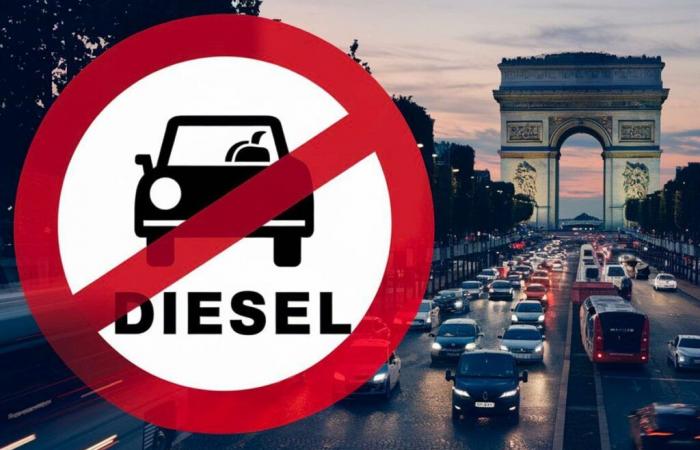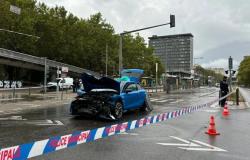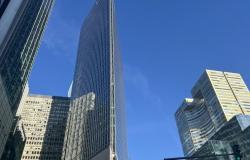
France is resolutely committed to the fight against air pollution by taking concrete measures to limit the circulation of the most polluting vehicles. These restrictions, which particularly affect diesel engines, raise many questions among motorists. Which cities are affected? What rules apply? How to adapt to these new constraints? Let’s take stock of this major development in the French automotive landscape.
Low emission zones: a local response to a national issue
Faced with the climate and health emergency, France has set up Low Emission Mobility Zones (ZFE-m) in several large cities. These urban perimeters aim to improve air quality by restricting the circulation of the most polluting vehicles.
Currently, 12 French metropolises have adopted this system:
- Paris
- Lyon
- Marseille-Aix
- Toulouse
- Nice
- Strasbourg
- Grenoble
- Rouen
- Reims
- Montpellier
- Saint-Étienne
- Clermont-Ferrand
These ZFE-m are based on the system of vignettes Crit’Air to identify the level of vehicle pollution. The higher the Crit'Air class (from 0 to 5), the cleaner the vehicle is considered.
Timetable for restrictions: when and where will diesels be banned?
The ban schedule varies by city, but Paris and Lyon are currently the most advanced in this process. Here are the main steps planned:
| Year | Vehicles affected |
|---|---|
| 2023 | Crit'Air 5 (diesel registered before 2001) |
| 2024 | Crit'Air 4 (diesel over 18 years old) |
| 2025 | Crit'Air 3 (diesel over 14 years old, gasoline over 19 years old) |
| 2028 | Crit'Air 2 (potentially all diesels registered before 2011) |
It is important to note that this schedule may change depending on improvements in air quality and local decisions. For example, the Eurometropolis of Strasbourg decided to maintain its restrictions despite an improvement in air quality.
Adapting to the new rules: solutions and exemptions
Faced with these changes, motorists must adapt. 560,000 French motorists will be banned from driving in ZFEs from 2025. Here are some ways to deal with this situation:
- Check the eligibility of your vehicle : Use official online tools like Bison Futé or zfe.green to find out your right to travel.
- Consider a change of vehicle : Financial aid exists to facilitate the transition to a less polluting model.
- Find out about exemptions : Certain categories of vehicles benefit from national (emergency, public transport) or local exemptions.
- Adopt alternatives : Public transport, carpooling, cycling… so many solutions for getting around the city without a car.
It is essential to stay informed of regulatory developments in your area, because the traffic ban from January 1 for certain diesel vehicles in several cities is already a reality.
Towards cleaner mobility: challenges and perspectives
The progressive ban on the most polluting diesel vehicles is part of a broader European strategy. The European Union aims to ban the sale of all new vehicles equipped with internal combustion engines by 2035.
This transition responds to major health challenges. In France, it is estimated that 40,000 premature deaths per year are linked to fine particles, including 7,000 directly attributable to nitrogen oxides, largely emitted by diesel engines.
ZFE-m and traffic restrictions are only a first step towards redesigned urban mobility. The future is moving towards less congested cities, with increased room for soft mobility and clean public transport. This development will require adaptation efforts on the part of citizens, but also significant investments in urban infrastructure.





